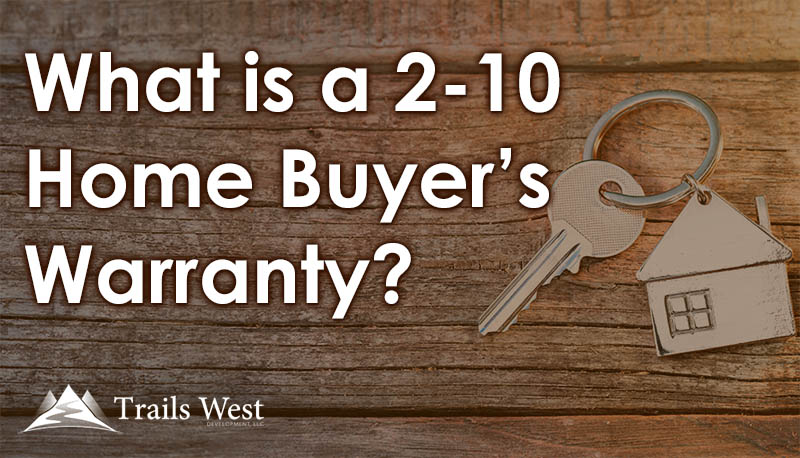Buying a house is a big investment and usually a big step in anyone’s life.
The home that you choose to live in will affect nearly every aspect of your day-to-day life, so you want to make sure that the decision you make is the right decision for you and your family.
You don’t want to come to regret your decision later on. Because there are so many options on the market in today’s day and age, it is a very good idea to know the industry so that you can easily identify whether a house is right for you or not.
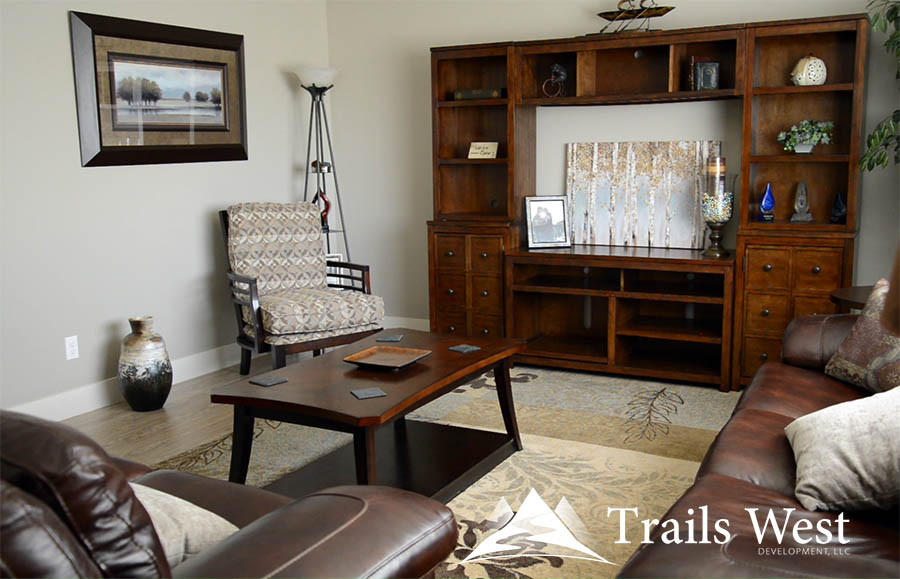
The first choice you will have to make is if you want to purchase a move in ready home or new construction.
There are several factors to take into account with each option and while there is no right or wrong answer, one or the other will probably make more sense for your specific situation.
A new construction home (unless you are building fa custom home from the ground up) will generally simply be a shell of a house that is waiting to be finished. The outside may be fairly complete, but the inside will have no plumbing or wiring yet. The walls, for the most part, will not be framed in. The reason for this is to give the buyer ultimate flexibility in being able to choose the layout of the house.
Where the bedrooms go, how many bathrooms there are, which walls are load-bearing, are all decisions that the buyer can make to customize the home as much as possible.
(FREE) Download Our 13 New Home Plans and Warranty PDF!
By contrast, a moving in ready home will simplify the buying process significantly. Because everything will already be in place, from the flooring to the kitchen counters to the bathroom fixtures, a buyer will save a ton of time (as well as decision making) when it comes to their new house. If time is of the essence, a move in ready home is probably the best option.
The biggest factors when deciding between a move in ready home and new construction is usually time and cost.
Obviously if you are relocating for work and need a new home immediately, you will not choose new construction. It simply takes too much time to finish off the house if you need a place to live right away. You might wait 4-6 months depending upon the schedule of the builder, before your house will be inhabitable.
Plus, there are always delays that inevitably happen, such as an appliance being out of stock, or an electrician who can’t make it on a certain date, etc.
By contrast, purchasing a move in ready home can take as little as a few days to a month to move into. You will not have the options that you would have by choosing new construction, but you can still control things like location and neighborhood.
You will also not have the complexity of having to make so many choices as you would with a new build.
Overall, choosing a move in ready home or a new construction home probably depends strictly upon each individual’s needs. If you don’t have the time to wait and also to make every decision that comes with new construction, then a move in ready home is probably the right choice for you. On the other hand, if you want to have the ultimate in flexibility and customization, new construction is the way to go if you are not in a hurry. Knowing the differences between the two will help you to make the most informed decision for your given situation.
Get in touch with us today to learn more about finding your new home in Montana!



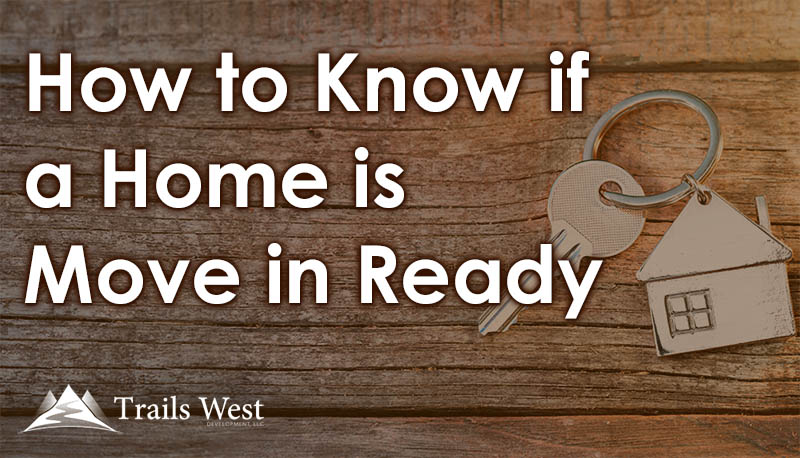
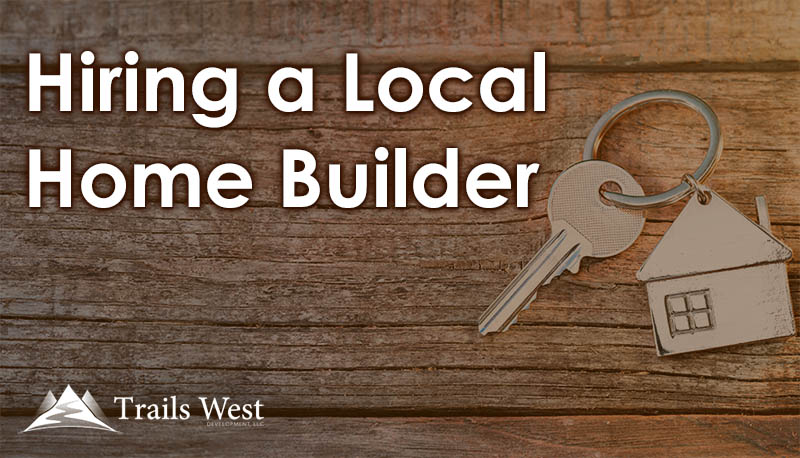
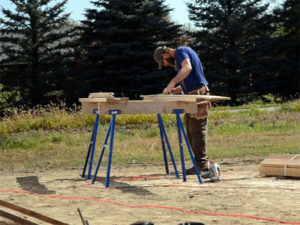
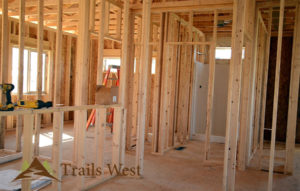
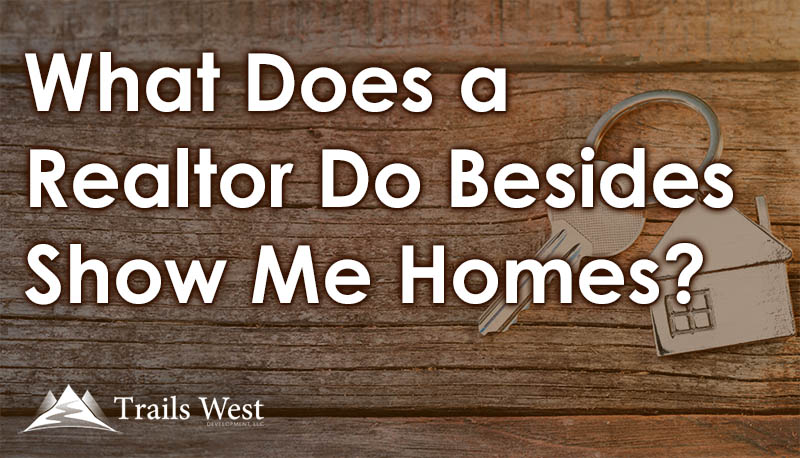
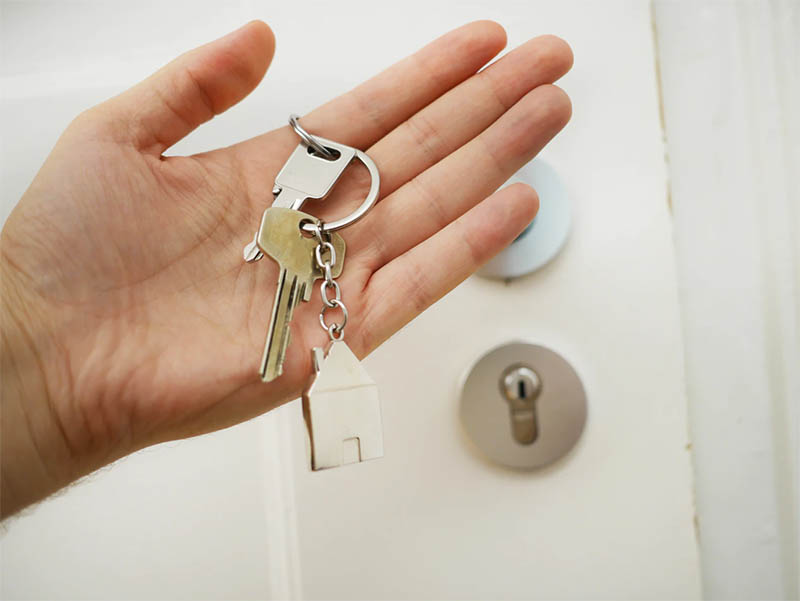
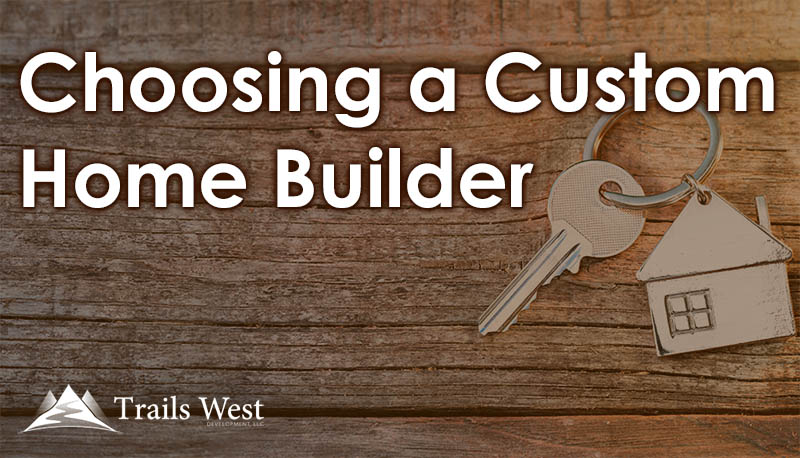
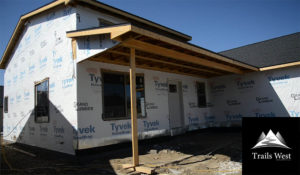
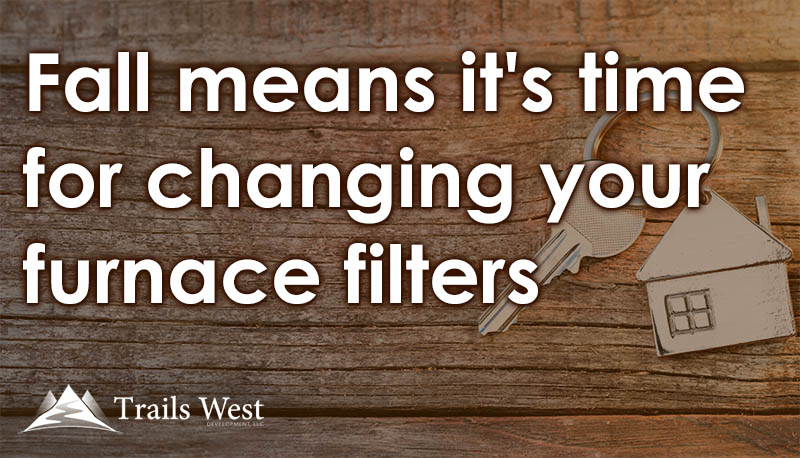
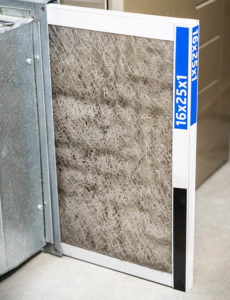
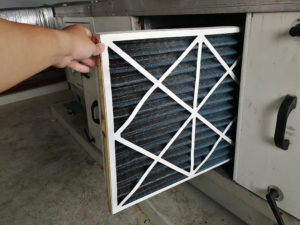

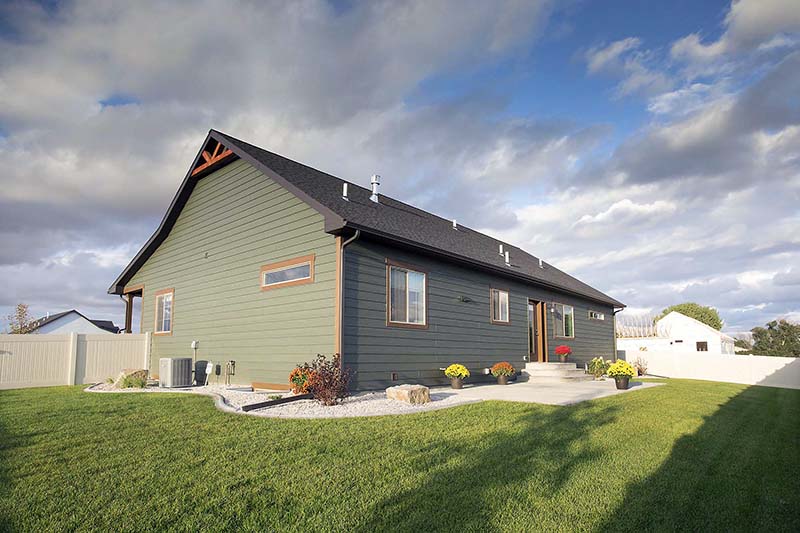
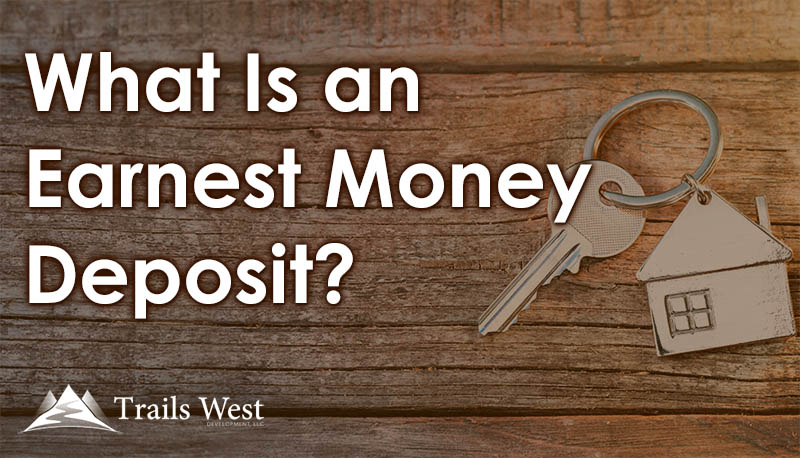
 How Much Earnest Money Will Be Required?
How Much Earnest Money Will Be Required?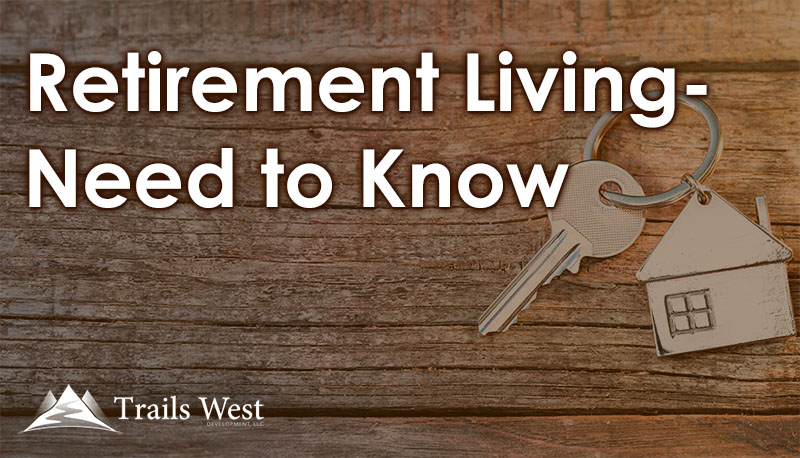
 One of the many things that you may appreciate about Montana is the cost of living. The cost of living in Montana is 6.3% lower than the rest of the country, making it a tempting destination for retirement living. In addition, Montana is one of the few states left that does not have sales tax, so many people find that the costs are much less than what they have grown used to when living in more metropolitan areas. Montana also has relatively low property taxes as well, coming in at ab out 1.19% lower than national averages. Tax rates are usually determined by location in relation to cities, counties, and school districts.
One of the many things that you may appreciate about Montana is the cost of living. The cost of living in Montana is 6.3% lower than the rest of the country, making it a tempting destination for retirement living. In addition, Montana is one of the few states left that does not have sales tax, so many people find that the costs are much less than what they have grown used to when living in more metropolitan areas. Montana also has relatively low property taxes as well, coming in at ab out 1.19% lower than national averages. Tax rates are usually determined by location in relation to cities, counties, and school districts.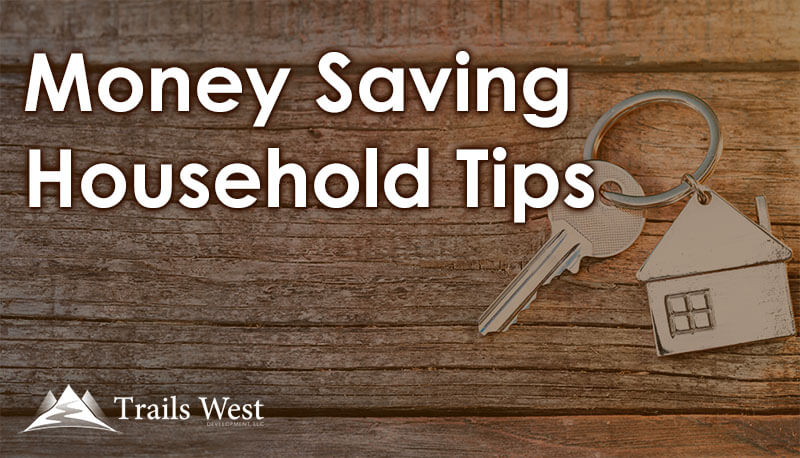
 Wash your clothes in cold water. This is another simple tip that may have you smacking your head because you didn’t think of it first, but washing clothes in cold water means you don’t have to heat water for the wash, thereby saving money on your electric bill. Simple and yet effective!
Wash your clothes in cold water. This is another simple tip that may have you smacking your head because you didn’t think of it first, but washing clothes in cold water means you don’t have to heat water for the wash, thereby saving money on your electric bill. Simple and yet effective!